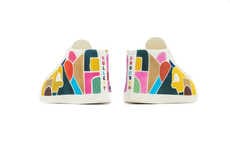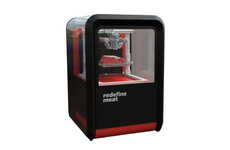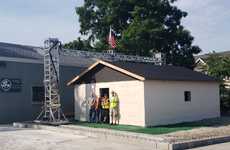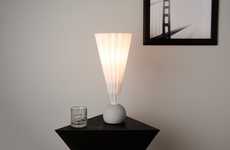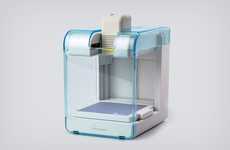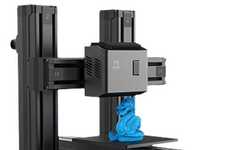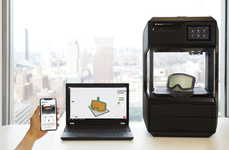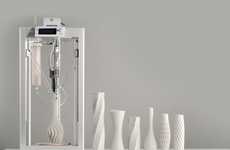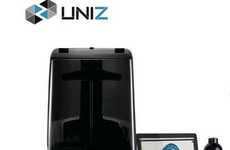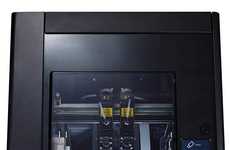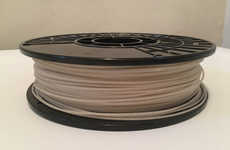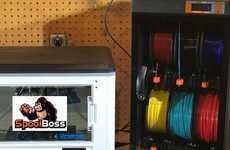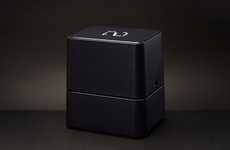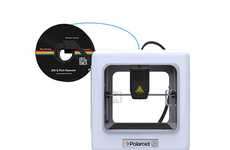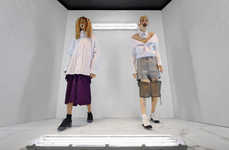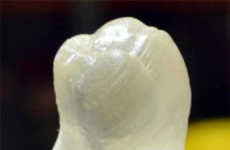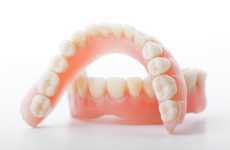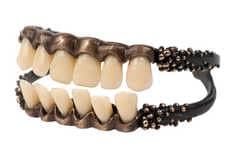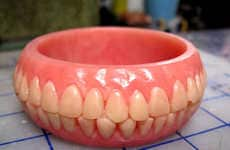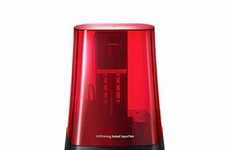
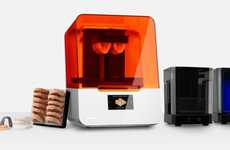
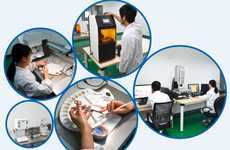
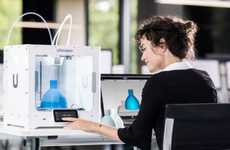
In-office 3D-printing technology allows for quick products or prototyping
Trend - 3D-printing technology is being used in-office as a means to either prototype or actually create needed products–whether that's in medical or design industries. These products aim to speed up the process of production, making ideation or product delivery much faster.
Insight - In an age where consumers are becoming accustomed to quick service, delivery, and turnaround–brands are having to keep up. Consumers in North America appreciate customization within these rapid turnarounds–as the expansion of the e-commerce space has made it so that convenience is no longer associated with lower quality items. The ability to produce products quickly in an in-office setting ensures that customer satisfaction or production standards are met, while prioritizing the needs of convenience-minded consumers.
Insight - In an age where consumers are becoming accustomed to quick service, delivery, and turnaround–brands are having to keep up. Consumers in North America appreciate customization within these rapid turnarounds–as the expansion of the e-commerce space has made it so that convenience is no longer associated with lower quality items. The ability to produce products quickly in an in-office setting ensures that customer satisfaction or production standards are met, while prioritizing the needs of convenience-minded consumers.
Workshop Question - How could your brand speed up the process between ideation and delivery?
Trend Themes
1. In-office 3D Printing - Quick prototyping and product delivery with in-office 3D printing technology should disrupt medical and design industries.
2. Medical-grade Resin Cast Printers - Resin-based 3D printers for dental and jewelry applications should influence medical and jewelry industries.
3. Professional In-house 3D Printers - Cost-effective access to professional 3D printing technologies for design studios should disrupt manufacturing and design industries.
Industry Implications
1. Medical - 3D printing technologies are being adopted to transform medical prostheses manufacturing.
2. Manufacturing - 3D printing technologies are influencing rapid prototyping and speeding up production processes in various manufacturing industries.
3. Design - In-house 3D printing technologies in design studios are decreasing product development cost while expediting production.
